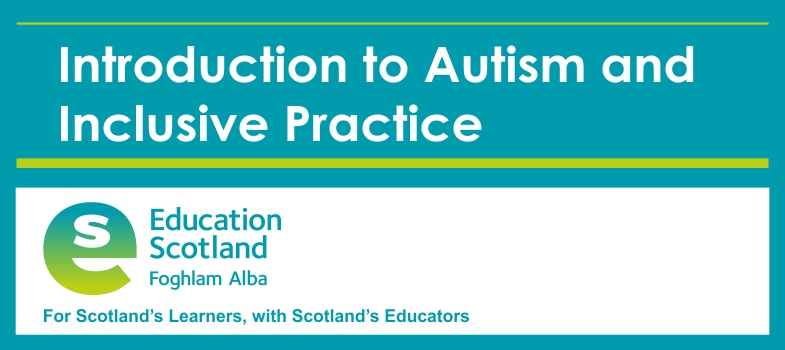6.2 Mental health and wellbeing
Good health and wellbeing are central not only to effective learning but have an impact on a child or young person’s life at home and outside school. The social and sensory demands of early years settings and school can create challenges for autistic learners. This can affect their confidence and self-esteem and can contribute to high levels of stress and anxiety. They may struggle with relationships, perspectives and empathy, and issues relating to bullying.
Autistic learners can worry about a wide variety of everyday things. Sometimes they might worry particularly about performance with schoolwork or struggle with ‘perfectionism’. Some of this is developmental, such as worrying about being first in the line or winning and losing, but if children continue to focus on this as they get older, other people find it unexpected. Autistic children and young people may also be ‘rule followers’ and have a tendency to ‘police’ other people who they perceive as not following the rules.
Some individuals are sometimes described as ‘catastrophising’, when they have a big reaction that can seem to be out of proportion to the size of the problem. It is common for autistic individuals to find it hard to grade the size of a problem, or to match the size of a problem to the expected size of their reaction.
Knowing the signs of anxiety for an individual learner will help adults around them to be responsive and can inform support plans going forward. For example, making adaptations to the physical and social environment to prevent the same situation from arising again.
Anxiety can be expressed in an overt way, for example, a worried expression and body language, refusal or protesting actions.
Individuals may also appear smiling and quiet or not overtly anxious. Masking and camouflaging (Mandy, 2019) are recognised experiences in autistic individuals, which are used to ‘appear fine’ but actually can add to feelings of stress and anxiety. Just because an autistic person doesn’t look worried, does not mean they are not worried.
Autistic individuals may have strong and specific interests, which other people may describe as obsessions or enthusiasms. These may be more apparent when anxiety is raised.
As a response to stress, anxiety, feeling out of control or unhelpful thoughts, children and young people might try to alleviate their anxiety by performing compulsive rituals, for example, counting or washing their hands repeatedly. Others may withdraw or become selectively mute (not speaking at all in some circumstances).
Adults who know the learners well can ‘listen’ to what they say and do and to observe whether they are initiating and participating confidently.
All autistic learners will benefit from a more individualised approach being taken to explore or discuss emotional events and experiences that are relevant to them. For this, it is important to ‘tune in’ to the particular, and sometimes unusual or unexpected, emotional responses, emotional triggers and regulation strategies of an autistic learner. Planning activities based on this information will ensure that emotional learning is meaningful and relevant to a child’s needs.
An autistic learner may benefit from support to develop an awareness of self by recognising their strengths and needs, likes and dislikes, emotions and feelings. If support is at the correct developmental level, this can help develop individuals to feel calm or to manage stress and anxiety, as well as increase resilience. Some able, verbal autistic learners may also benefit from having more information and discussion around their diagnosis.
A ‘fragile sense of self’ may leave pupils vulnerable to secondary mental health issues. Some autistic adults report that their mental health improved following diagnosis, perhaps as it helped them make sense of their experiences.
It is important to be aware that individuals might be using self-regulation or coping strategies in the context of the underlying anxiety. Rather than trying to stop the individual engaging in the observed behaviour, adults can support them to learn helpful self-regulation and mutual regulation strategies (see Zones of Regulation).
We can’t take away all the sources of anxiety for the child or young person, but we can try to reduce them. Anticipatory approaches are key.
6.1 Social interaction and emotional wellbeing
